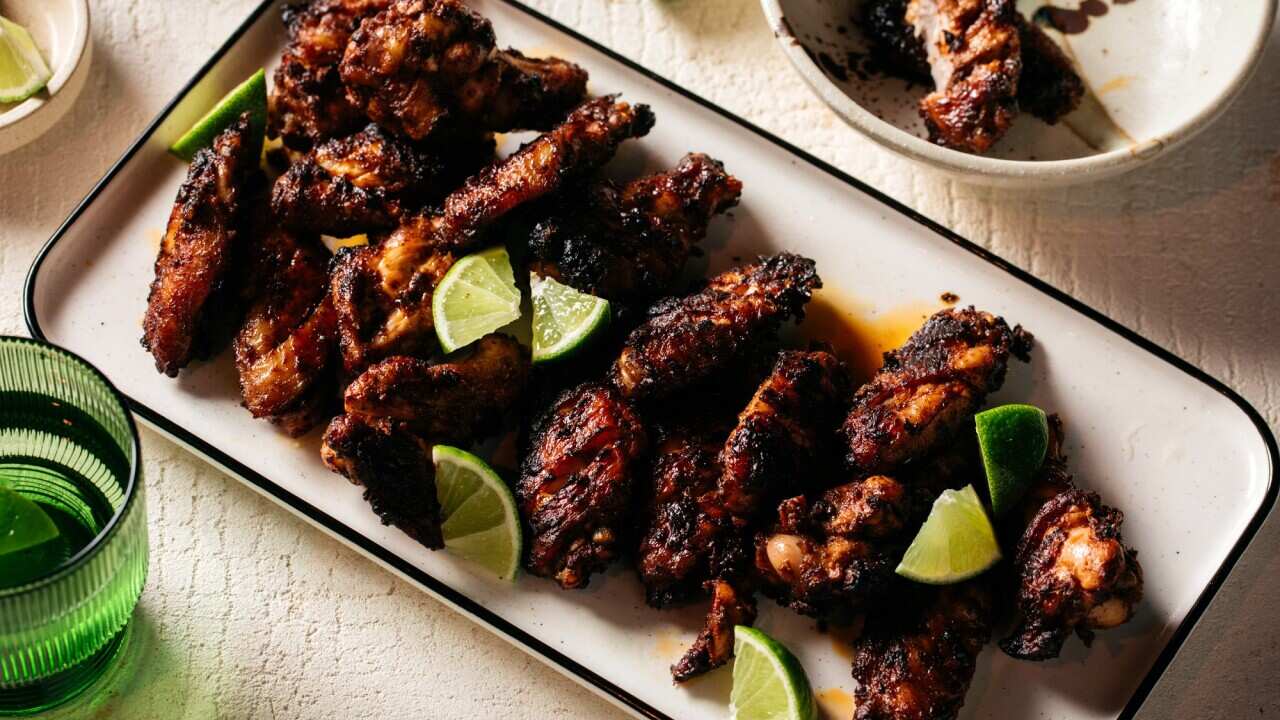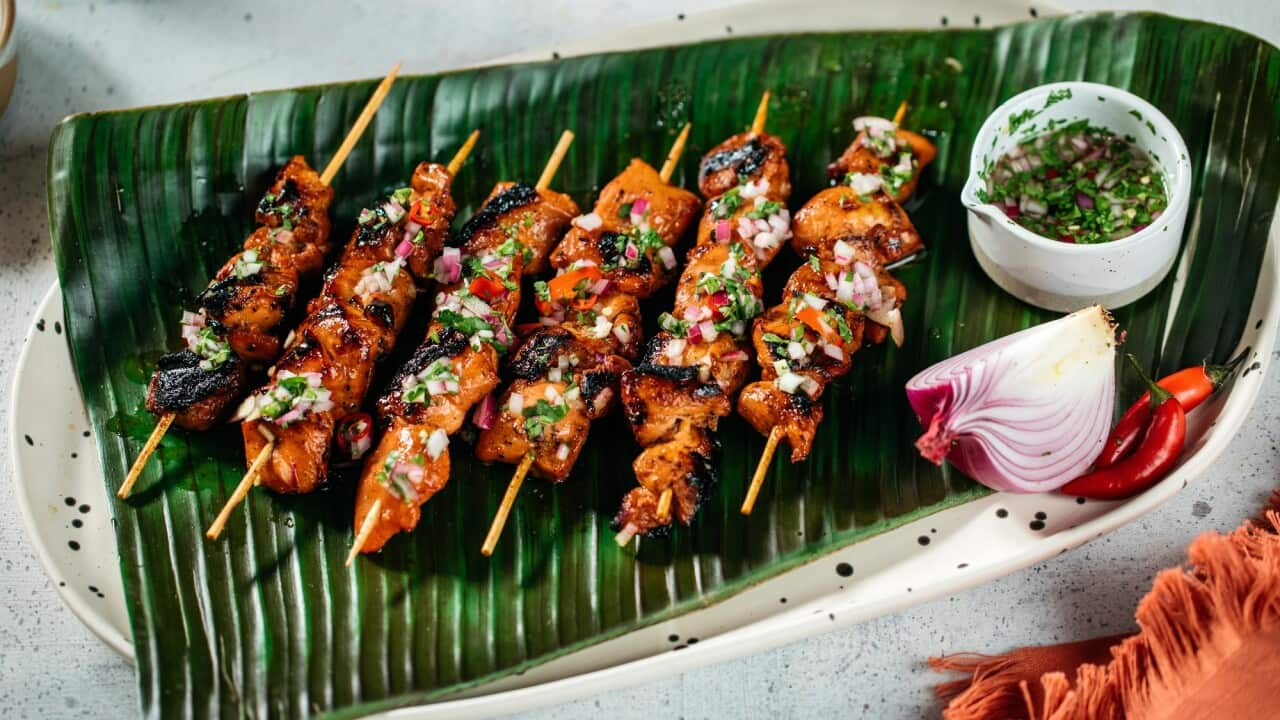Shoppers outraged - or simply confused – by the federal government's new definition of free-range eggs now have a powerful new tool.
An app by consumer group Choice is promising to help make the decision at the checkout clearer by showing egg purchasers the density at which each farm’s chickens are stocked. The fittingly named will scan the carton’s label and determine whether the birds producing the eggs are “fully choice”, pushing their way through a space where there’s “barely room to swing a chook”, or caged “jailbirds”.
 Under new legislation passed at the end of last month, the “free-range” label is given to farms that allow hens “meaningful access” to the outdoors - or in other words, the barn door will be open should they choose to wander out. There is also a provision that caps the density of birds at no more than 10,000 per any hectare of land.
Under new legislation passed at the end of last month, the “free-range” label is given to farms that allow hens “meaningful access” to the outdoors - or in other words, the barn door will be open should they choose to wander out. There is also a provision that caps the density of birds at no more than 10,000 per any hectare of land.

Farms that allow no more than 1500 chickens to roam per hectare will be classified as "fully choice". Source: Choice

The CluckAR app verdict. Source: Choice
While there was previously no national standard for free-range in Australia, many smaller egg farmers earnt the title by allowing just 1500 chickens to roam per hectare, which equates to 670 per cent fewer than the new definition.
The app, available for free on iPhone, iPad and Android devices, is designed to distinguish between the two so shoppers can make a more informed choice. Alternatively consumers can look for the farm's stocking density which is sometimes listed on the carton.
Choice published a list of 19 egg producers (see below), including Aldi, Coles and Woolworths brands, that they encouraged people to boycott in the wake of the decision made at the end of last month.
Choice spokesperson Tom Godfrey called the new standards "preposterous", saying, “Eggs that come from hens that don’t go outside and have high stocking densities don’t meet consumers’ expectations and don’t deserve the free-range label.”
“It’s a great shame signalling the big egg producers hijacking the free-range claim,” he said. “Under the definition chickens won’t even have to go outside, a more apt way of describing it is ‘a barn with a view’.”
More than 20,000 people had already put their names to Choice campaign, “Tell the Government you give a cluck”, hoping to see a tighter definition adopted.
About 65 per cent of consumers opt for free-range eggs, a $43 million a year market. Godfrey suggested the new definition was pushed by “Industrialised farms just wanting to slap a free-range label on barn laid eggs for a premium”. Grant Hilliard from , a business in Sydney that sources and sells ethically raised meat and other goods, also believes the legislation will “not be consistent with people’s understanding of free-range”.
Grant Hilliard from , a business in Sydney that sources and sells ethically raised meat and other goods, also believes the legislation will “not be consistent with people’s understanding of free-range”.

The difference between 1500 chickens per hectare and 10,000 per hectare Source: Choice
In addition, he says that the increased density is “unsustainable” and will hurt environmental and animal welfare standards as such a high concentration of birds will have an adverse effect on the land they are kept on and the surrounding waterways.
Chickens – and in particular the amount of faeces they produce – are likely to create an excess of nutrients in the soil that, when it runs off into local water streams, could contribute to the prominence of blue green algae, he says. “Chickens carry an enormous nutrient load and fields can only absorb a certain amount of nutrients,” Mr Hillard said. “Farmers need to be able to move the chickens all the time.”
Choice says its app will help consumers determine which eggs are from "chilled-out, happy hens".

A cage egg costs on average 43 cents while a free-range egg of the same size can cost around 93 cents. Source: Choice
Choice's boycott list:
- Aldi Lodge Farm
- Coles Free Range Eggs
- Country Fresh
- Eco Eggs
- Farm Pride
- Field Fresh
- Foodland
- Western Australia Golden Eggs
- Manning Valley
- Meggles Farm
- Misty Mountain
- Pace Farm
- Pace Omega 3
- South Gippsland
- Woolworths Select
- Pioneer
- Otway
- Essential Foods
- MMM













